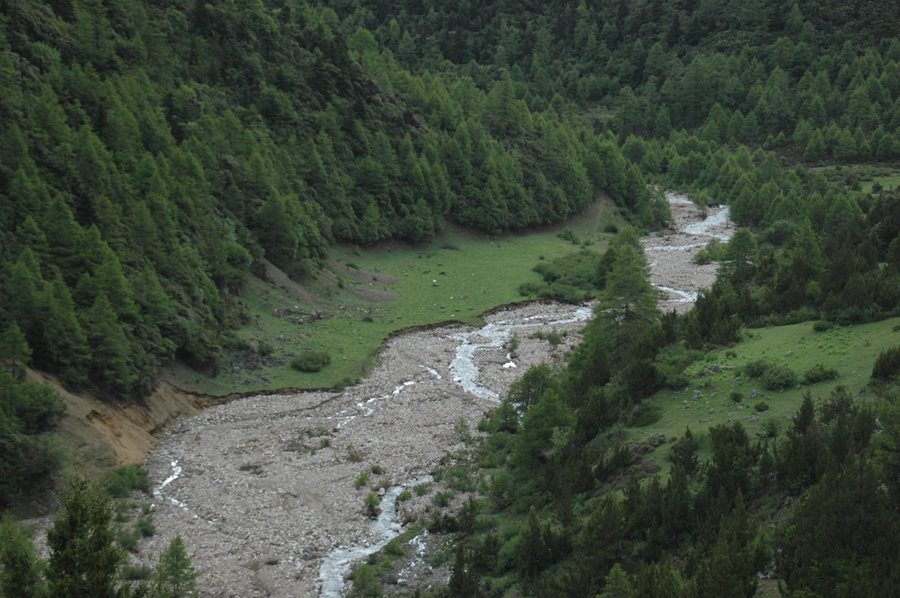Mountain feats of the sisterhood


Dondrup, a local official who was among Yin's earliest illuminators of indigenous culture more than a decade ago, says Yin has turned daily routines that villagers take for granted as wells as traditions they are obliged to follow, into practical academic research that combines climate change theories with local realities.
Yin's work complements decades of governmental efforts to improve locals' living standards and protect the environment, Dondrup says.
Yin received his master's degree in social anthropology studies at the Ecole des Hautes Etudes en Sciences Sociales in Paris and a doctorate at Minzu University of China in Beijing.
To accomplish the program work he used to spend half of his time in the villages, sometimes for months on end, first as a primary schoolteacher and then as an interviewer as he started fieldwork that would take him to being an NGO project leader, and finally being treated as one of the villagers.
Dondrup was impressed by how quickly Yin became acquainted with the locals, within a month, and by how meticulous he was with his work.
Yin, now a father of a 2-year-old daughter and a 6-month-old son, and a frequent traveler for work, has turned his main focus to fundraising and project planning, although he still goes to meet his friends in the countryside every few months.
"Now I try to leave more things for the locals to accomplish. My ideal is to be an assistant who writes down a project application, discusses with them the big ideas and lets them do the rest. I'd call myself a loser if after so many years I still had to do the job on my own."
Traditional knowledge, local beliefs, customary laws and community protocols regarding biodiversity provide a social and cultural light in which the challenges brought by climate change can be dealt with, he says.


















